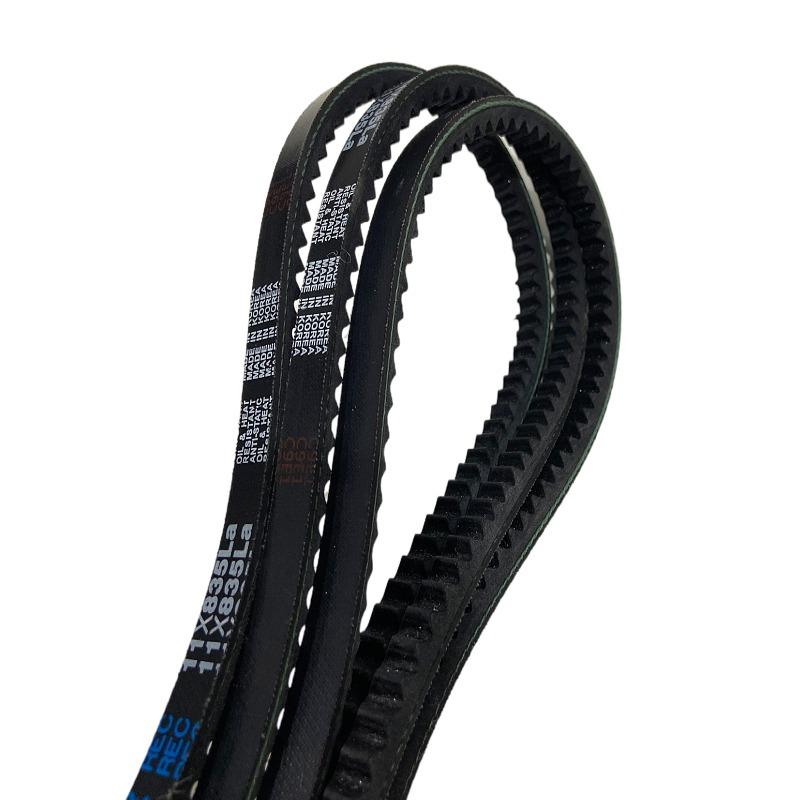- Arabic
- French
- Russian
- Spanish
- Portuguese
- Turkish
- Armenian
- English
- Albanian
- Amharic
- Azerbaijani
- Basque
- Belarusian
- Bengali
- Bosnian
- Bulgarian
- Catalan
- Cebuano
- Corsican
- Croatian
- Czech
- Danish
- Dutch
- Afrikaans
- Esperanto
- Estonian
- Finnish
- Frisian
- Galician
- Georgian
- German
- Greek
- Gujarati
- Haitian Creole
- hausa
- hawaiian
- Hebrew
- Hindi
- Miao
- Hungarian
- Icelandic
- igbo
- Indonesian
- irish
- Italian
- Japanese
- Javanese
- Kannada
- kazakh
- Khmer
- Rwandese
- Korean
- Kurdish
- Kyrgyz
- Lao
- Latin
- Latvian
- Lithuanian
- Luxembourgish
- Macedonian
- Malgashi
- Malay
- Malayalam
- Maltese
- Maori
- Marathi
- Mongolian
- Myanmar
- Nepali
- Norwegian
- Norwegian
- Occitan
- Pashto
- Persian
- Polish
- Punjabi
- Romanian
- Samoan
- Scottish Gaelic
- Serbian
- Sesotho
- Shona
- Sindhi
- Sinhala
- Slovak
- Slovenian
- Somali
- Sundanese
- Swahili
- Swedish
- Tagalog
- Tajik
- Tamil
- Tatar
- Telugu
- Thai
- Turkmen
- Ukrainian
- Urdu
- Uighur
- Uzbek
- Vietnamese
- Welsh
- Bantu
- Yiddish
- Yoruba
- Zulu
Août . 11, 2024 05:32 Back to list
Exploring the Benefits and Features of Green Serpentine Belts for Automotive Applications
Understanding Green Serpentine Belts A Comprehensive Overview
In the world of automotive components, serpentine belts are integral to the functioning of modern vehicles. Among various types of serpentine belts, the green serpentine belt has drawn significant attention due to its innovative materials and eco-friendly properties. This article will delve into the features, benefits, applications, and future of green serpentine belts.
What is a Serpentine Belt?
A serpentine belt is a single, continuous belt used to drive multiple peripheral devices in an internal combustion engine. These include the alternator, power steering pump, water pump, air conditioning compressor, and sometimes other accessories as well. The design of a serpentine belt allows it to be thinner and lighter than older V-belt systems while providing improved efficiency and increased durability.
Introduction to Green Serpentine Belts
Green serpentine belts are manufactured with eco-friendly materials, often incorporating renewable resources and recyclable components. They are designed to reduce environmental impact while maintaining high performance and durability. The term green not only signifies the color but also represents the sustainability ethos behind their production.
Features of Green Serpentine Belts
1. Materials Green serpentine belts typically utilize advanced rubber composites and polyester cords, which are sourced from environmentally friendly processes. These materials are designed to withstand wear and tear while minimizing emissions during manufacturing.
2. Performance Just like traditional serpentine belts, green variants are engineered to handle high levels of tension and operate efficiently under varying engine loads and temperatures. Their superior grip reduces slippage, ensuring that all related accessories operate smoothly.
3. Longevity One of the critical advantages of green serpentine belts is their extended lifespan. With advanced engineering techniques and sustainable materials, they tend to offer better durability compared to conventional belts, resulting in fewer replacements and waste.
green serpentine belt

Benefits of Green Serpentine Belts
1. Environmental Impact The primary benefit of adopting green serpentine belts is the reduced ecological footprint. By utilizing renewable materials and incorporating recyclable elements, manufacturers strive to lessen pollution and conserve resources.
2. Cost-Effectiveness Although the initial investment may be higher, the longevity and performance efficiency of these belts can lead to lower long-term costs. Reduced maintenance and fewer belt replacements add up to significant savings over time.
3. Noise Reduction Many green serpentine belts are designed to operate more quietly compared to traditional belts. This feature contributes to a more pleasant driving experience, particularly in luxury vehicles.
Applications and Industries
Green serpentine belts find their place in various industries beyond the automotive sector. They are increasingly being used in agricultural machinery, heavy equipment, and generators. As more manufacturers focus on sustainability, the adoption of eco-friendly components like green serpentine belts is likely to rise across industries.
Future Trends
The future of green serpentine belts looks promising. With heightened awareness around climate change and sustainability, consumers and manufacturers are leaning toward more eco-friendly products. Industry standards are also evolving, with regulatory pressures encouraging the development of sustainable components. Research and development in materials science are paving the way for even more advanced green serpentine belts that can outperform their predecessors.
Conclusion
In a world prioritizing sustainability, green serpentine belts offer an attractive alternative to traditional belts. By providing high performance while minimizing environmental impact, they represent a significant step forward in automotive technology and industrial applications. As consumers become increasingly conscious of their choices, the demand for innovations like green serpentine belts will undoubtedly continue to rise, making them a vital component of a greener future.
-
Korean Auto Parts Timing Belt 24312-37500 For Hyundai/Kia
NewsMar.07,2025
-
7PK2300 90916-T2024 RIBBED BELT POLY V BELT PK BELT
NewsMar.07,2025
-
Chinese Auto Belt Factory 310-2M-22 For BMW/Mercedes-Benz
NewsMar.07,2025
-
Chinese Auto Belt Factory 310-2M-22 For BMW/Mercedes-Benz
NewsMar.07,2025
-
90916-02660 PK Belt 6PK1680 For Toyota
NewsMar.07,2025
-
drive belt serpentine belt
NewsMar.07,2025

